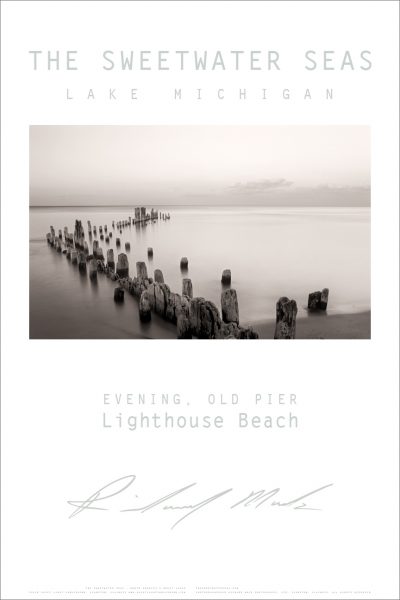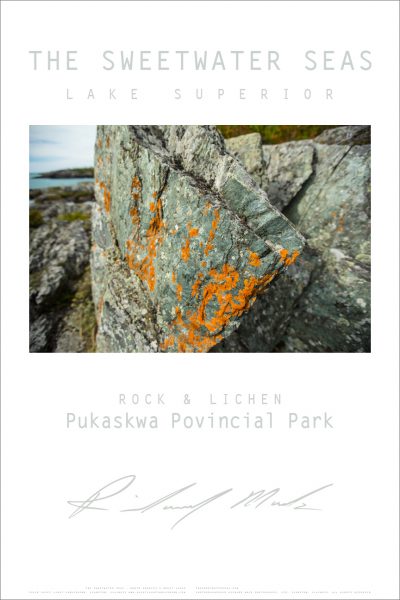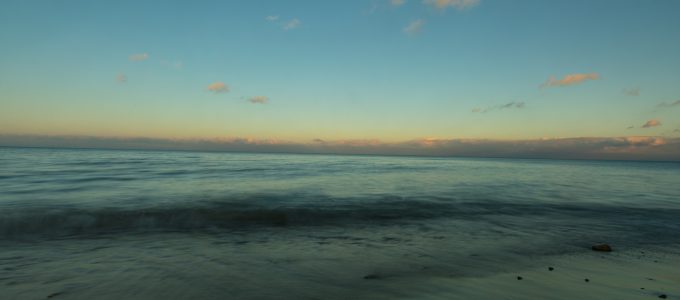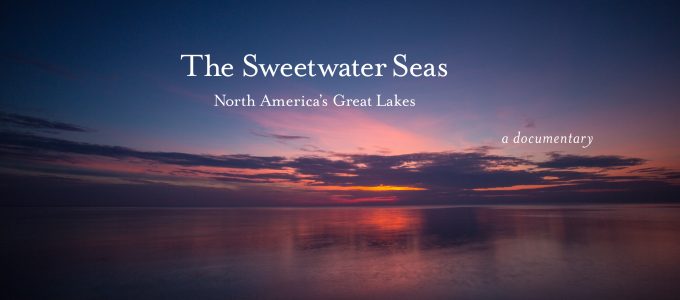Line 5 Flotilla Protest from Richard Mack Photography, Ltd on Vimeo.
On September 1, 2018 I was up in Mackinaw City, Michigan for the Flotilla Protest to shut down Line 5, a 65-year-old oil pipeline under the Straits of Mackinac. And that is what The Flotilla – a protest by the Tribes of northern Michigan to promote the issues surrounding Line 5 was all about. Keeping our waters safe. It started with a blessing of the waters and then the flotilla protest with Native American’s and others joining in to show their support for shutting Line 5 down. It was organized by all the tribal leaders, tribal nations, and water warriors across the Great Lakes region in the 4th Paddle Out Protest to decommission Line 5. Especially the Little Traverse Bay Bands of Odawa Indians.
Why you may ask should it be shut down? Line 5 is owned by Enbridge, a Canadian company, which is the 3rd largest pipeline company in the world. In fact, they have several pipelines which go around the Great Lakes, instead of Line 5, which is the only pipeline which goes through the waters of the Great Lakes. And at 65 years old we know it is not in good shape – we’ve seen it. It was laid on the bottom of the Straits of Mackinac in 1953. Now the coatings are decaying, the currents have shifted the sands beneath the pipeline leaving gaps unsupported for 300 feet. The law says they should be every 75 feet. They have already put in 147 supports and need another 48. The currents are stronger that the flow of water over Niagara Falls. Enbridge also pushes 50% more oil through the line than it was originally designed for. It is not a question if it will break, it is when – before or after a rupture of the line? With 500,000 gallons of oil flowing every hour through the line it will within hours destroy the waters of both Lake Michigan and Lake Huron. It is time to shut it down!
It was great to see the support. The issue of Line 5 is a part of the documentary we are working on The Sweetwater Seas – North America’s Great Lakes. The rain held off during the event and it was great to be able to be there.
Enjoy,
Richard
#WaterIsLife #shutdownline5 #thesweetwaterseas #greatlakes #lakemichigan #lakehuron
 I am proud to be partnering with Quiet Light Publishing and The Sweetwater Seas documentary team to offer these Fine Art Posters from our film on all five of the Great Lakes. We currently have 24 Fine Art Posters for sale on the Quiet Light Publishing storefront. They are available in two sizes – 24″x36″ and 20″x24″. Each is printed on Fine Art Archival paper to our exacting standards. You can see and purchase any of them using this link:
I am proud to be partnering with Quiet Light Publishing and The Sweetwater Seas documentary team to offer these Fine Art Posters from our film on all five of the Great Lakes. We currently have 24 Fine Art Posters for sale on the Quiet Light Publishing storefront. They are available in two sizes – 24″x36″ and 20″x24″. Each is printed on Fine Art Archival paper to our exacting standards. You can see and purchase any of them using this link: 

